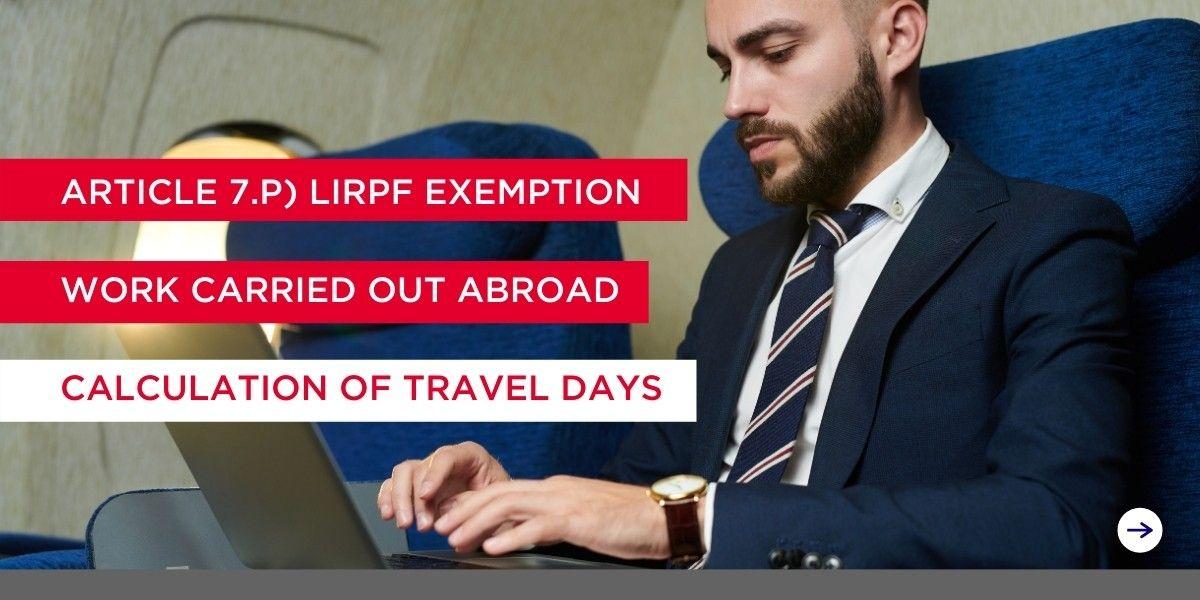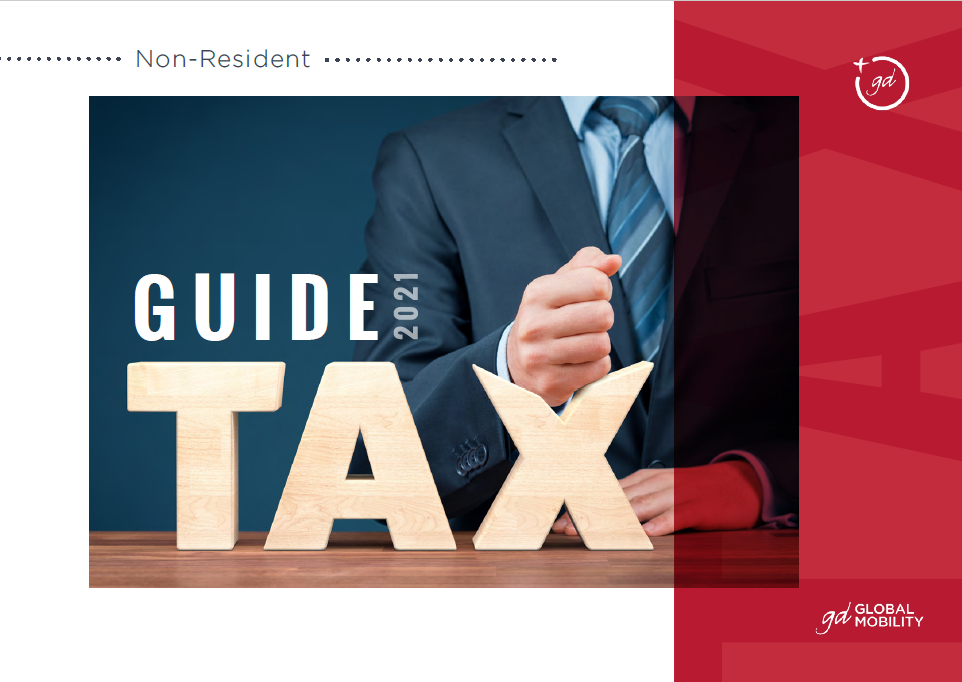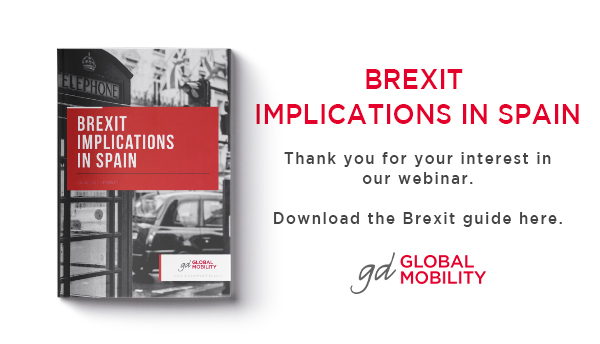
The days of arrival and departure of a Spanish employee working abroad are calculated as work actually performed in terms of the tax exemption contained in Article 7P of the Personal Income Tax Law.
7P exemption: calculation of transit days
The Supreme Court once again appeals to the spirit of the regulations and ends the controversy surrounding days of travel for work carried out abroad, with regard to the tax exemption contained in Article 7P of the Law on Personal Income Tax.
In this way, it again encourages the internationalization of Spanish workers by interpreting Article 7P of the Personal Income Tax Law in a less restrictive way, as opposed to the criteria that the Tax Office had been maintaining.
In this sense, the Judgment dated February 25, 2021 and number 274/2021 determines what time incurred both in the outward journey and in the return needs to be calculated, in order to determine the number of days of work actually carried out abroad.
The sentence literally states the following:
“An interpretation such as that made by the managing administration is contrary to the logic and purpose of the regulation, in line with the objective of the exemption (the internationalization of human capital residing in Spain), it is coherent and reasonable to interpret that the terms ‘Work actually carried out abroad’ includes the days of arrival and departure. Not taking those days into consideration implies an interpretation contrary to the postulates that govern the regulation of this exemption”.
Let us remember that Article 7P LIRPF exempts all salary received while working abroad up to a maximum of €60,100 as long as tax residence in Spain is preserved. It is a tax benefit provided for in Spanish regulations that enables the posted worker to increase their net salary.
As Alejandro de Membiela, tax specialist at GD Global Mobility points out, “this leaves behind those criteria of prudence and conservative systems for calculating days abroad based on the arrival and departure times of the country of posting, which will undoubtedly grant greater security and guarantee to the application of the norm”.
This content is of an informative nature. If you need more information about the exemption for work abroad recognized in Article 7P of the LIRPF, you can contact our team of professionals, and they will advise you: Expatriate Tax Optimization




